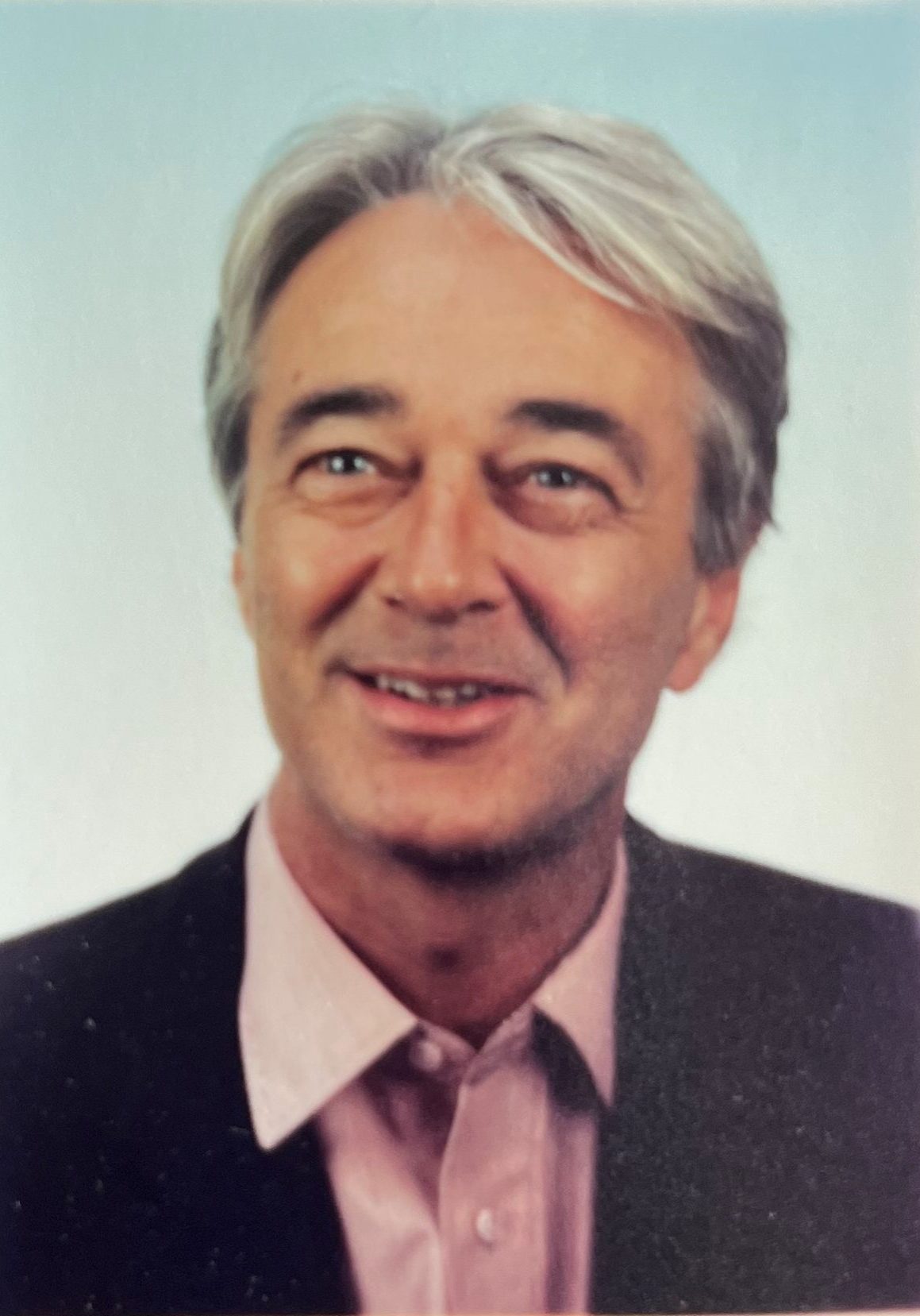Joop de Jong
Joop de Jong
Joop de Jong, MD, PhD, is a psychiatrist and psychotherapist. He is Emeritus Professor of Cultural Psychiatry and Global Mental Health at Amsterdam UMC, Adjunct Emeritus Professor of Psychiatry at Boston University School of Medicine, and Emeritus Visiting Professor of Psychology at Rhodes University, South Africa. He was the founder and director of the Transcultural Psychosocial Organization (TPO), which provided mental health and psychosocial services, especially in post-war and post-disaster areas, in over 20 countries in Africa, Asia, and Europe. Joop de Jong worked part-time as a psychotherapist and psychiatrist with immigrants and refugees in the Netherlands. He has been integrating insights from public and global mental health, psychotherapy, psychiatry, anthropology and epidemiology in community interventions, on which he co-authored 335 papers, chapters and books.

